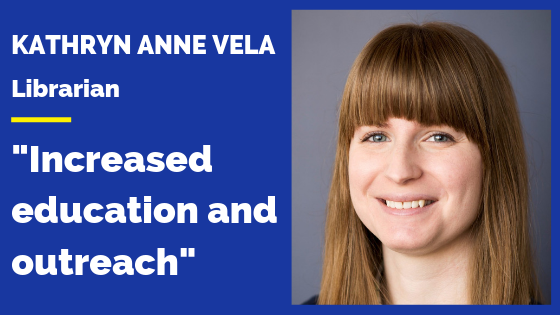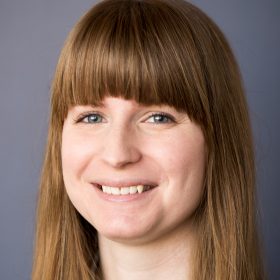I am a health sciences librarian at the Spokane Academic Library at Washington State University (WSU). As an institution, WSU places great emphasis on the development of its research infrastructure and support. This is because of its “Drive to 25” initiative, which outlines WSU’s goal of becoming a top 25 research university by 2030.
Faculty, students, and staff are heavily involved in research on the WSU Spokane campus and bring in millions of dollars in research grant funds each year. Historically, the Spokane Academic Library’s support for research was limited to assistance on literature reviews.
However, as part of my involvement in the first cohort of the NLM’s Biomedical and Health Research Data Management course, I conducted a research data management needs assessment on the WSU Spokane campus (with my colleague Nancy Shin). We found that there was a need for additional support in this area.
Securing Research Funds
To fill this gap, we applied for and received a Data Engagement Award from the National Network of Libraries of Medicine Pacific Northwest Region (NNLM PNR), and matching funds from the Elson S. Floyd College of Medicine (ESFCOM) at WSU (for a total of $17,288).
We have used these funds to create a data visualization lab and research support space in the library, called the ResearchHub. The purpose of the room is to provide additional support to students, faculty, and researchers on our campus. The room and its resources will support them through the entire research process, from creating a data management plan (using a citation manager) to publishing in an open access journal.
We installed a 92-inch video wall, glass whiteboards, whiteboard tables, and new chairs in the room to facilitate instruction and collaboration. We created a LibGuide to act as our online presence, and designed it as a “hub” for all resources related to research on our campus.
Big Future Plans
The official launch of the space was in April 2019. My colleagues and I have made plans to provide a slate of educational programming, in the form of short workshops on topics such as research data management, data visualization, and scholarly communication.
We will also be available for small group or one-on-one reference consultations, and will host weekly drop-in help sessions. Our hope is that the increased education and outreach to researchers on our campus will improve the overall value of their research to the institution and the community.



